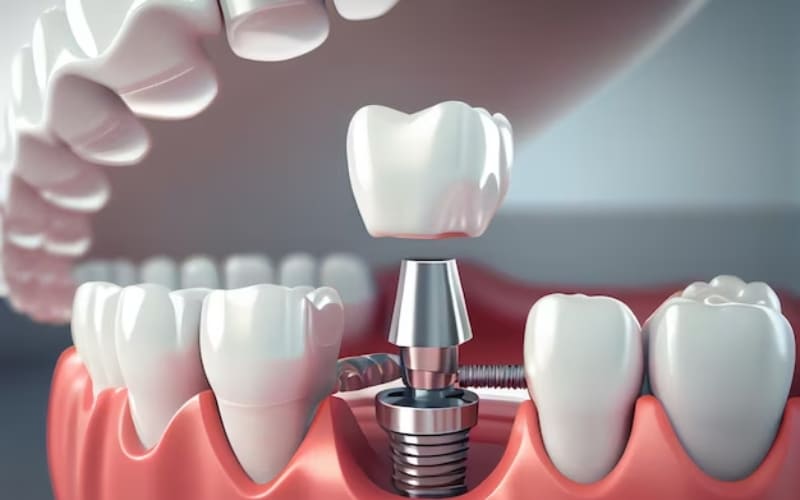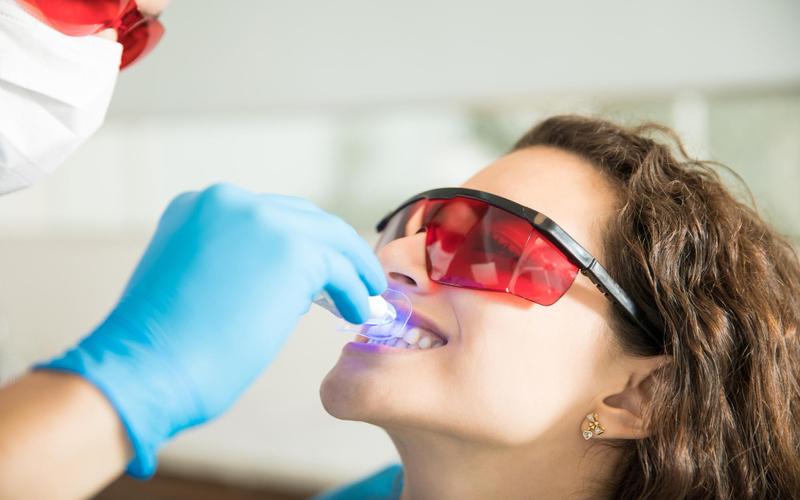
Smiles are contagious, but what happens when a dental emergency strikes? Dental emergencies can happen to anyone, from sudden toothaches to knocked-out teeth at any time. But fear not! In this blog post, we’ve got your back with essential tips and tricks for handling dental first aid like a pro. Join us as we dive into the world of oral emergencies and empower you with the knowledge you need to tackle any tooth trouble head-on. So grab your seat and prepare for some mouth-saving wisdom that will leave you smiling confidently, even in adversity!
1. Toothache Troubles
A toothache can range from mildly annoying to excruciatingly painful. It can be caused by various factors, including dental decay, a cracked tooth, gum disease, or an infection. If you experience a toothache:
- To clean your mouth, rinse it with warm water.
- Use dental floss to remove any food particles trapped between your teeth gently.
- If swelling, apply a cold compress to the outside of your cheek.
- Over-the-counter pain relievers can help alleviate pain until you see a dentist.
2. Knocked-Out Tooth
A knocked-out tooth is a dental emergency that must be treated right away. Time is of the essence in trying to save the tooth. Here’s what you should do:
- Handle the tooth by the crown (the chewing surface) and avoid touching the root.
- If the tooth is dirty, gently rinse it with milk or saline solution.
- Try to place the tooth back in its socket, but do not force it.
- If you are unable to replace the tooth, keep it moist by placing it in a container of milk or saliva.
- Seek immediate dental care; the sooner you see a dentist, the higher the chances of saving the tooth.
3. Broken or Chipped Tooth
Another common dental emergency is a cracked or chipped tooth. It can happen due to accidents, falls, or biting on something hard. To manage this situation:
- To clean your mouth, rinse it with warm water.
- If bleeding, apply a piece of gauze to the area for about 10 minutes or until bleeding stops.
- If possible, save any shattered bits of the tooth.
- Apply a cold compress to reduce swelling.
- Seek prompt dental care for assessment and potential repair.
4. Lost Filling or Crown
A lost filling or crown can expose the underlying tooth structure, causing sensitivity and discomfort. Here’s what to do:
- If you have a lost filling or crown, clean it and try to reattach it using dental adhesive or over-the-counter temporary cement.
- If you don’t have the restoration, apply a small amount of dental wax or temporary filling material to the exposed tooth to protect it.
- Seek dental care as soon as possible to replace the filling or crown properly.
5. Orthodontic Emergencies
Orthodontic appliances like braces or aligners can sometimes cause discomfort or become damaged. If you encounter orthodontic issues:
- For a loose bracket or wire, use orthodontic wax to cover any sharp edges that may irritate your mouth.
- If a wire is poking you, attempt to reposition it with a sterilized tweezer gently.
- Contact your orthodontist for guidance and adjustments.
6. Soft Tissue Injuries
A common dental emergency is Soft Tissue Injury. Injuries to the lips, cheeks, gums, or tongue can result from accidents or biting. To manage soft tissue injuries:
- Clean the area gently with warm water.
- To stop the bleeding, apply pressure with a clean towel or gauze.
- Seek quick medical assistance if the bleeding continues or the damage is serious.
7. Objects Caught Between Teeth
If something gets stuck between your teeth and causes pain or discomfort:
- Gently try to remove it with dental floss. Never use sharp objects that could damage your gums or teeth.
- See your dentist for professional removal if you can’t dislodge the object.
8. Lost or Broken Dentures
Losing or damaging dentures can be a significant issue for individuals with dentures. If your dentures are damaged or missing:
- Refrain from attempting to repair them yourself with household adhesives, as this can result in more significant damage.
- Contact your dentist for denture repair or replacement.
9. Tooth Sensitivity and Pain
Sometimes, tooth sensitivity or pain may not require immediate emergency care but should not be ignored. Rinse your mouth with warm water, and avoid extremely hot or cold foods and drinks. Contact your dentist to schedule an appointment and get to the issue’s root.
10. Preventing Dental Emergencies
While knowing how to respond to a dental emergency is essential, preventing one is even better. Regular dental check-ups, good oral hygiene practices, and using protective gear during sports activities can significantly reduce your risk of dental emergencies.
Dental first aid is an important part of dental care. Knowing what to do in a dental emergency can help you respond quickly and appropriately and minimize the damage caused by a dental injury. If you or someone around you experiences a dental emergency, remain calm, assess the situation, and take steps accordingly, following the advice provided here. Acting quickly can be crucial for preserving your smile’s health.



